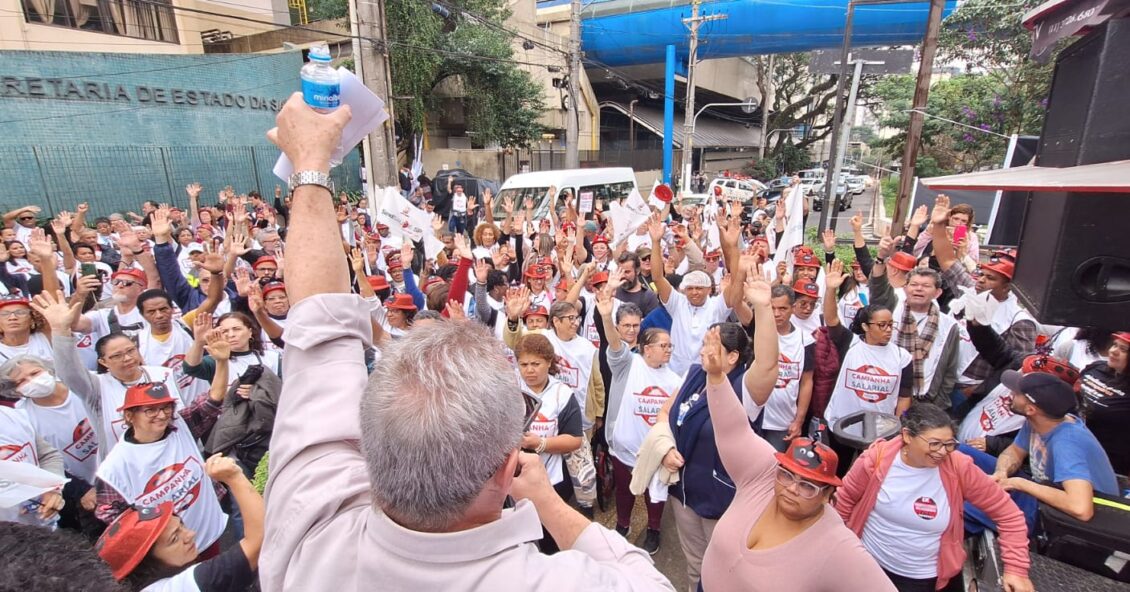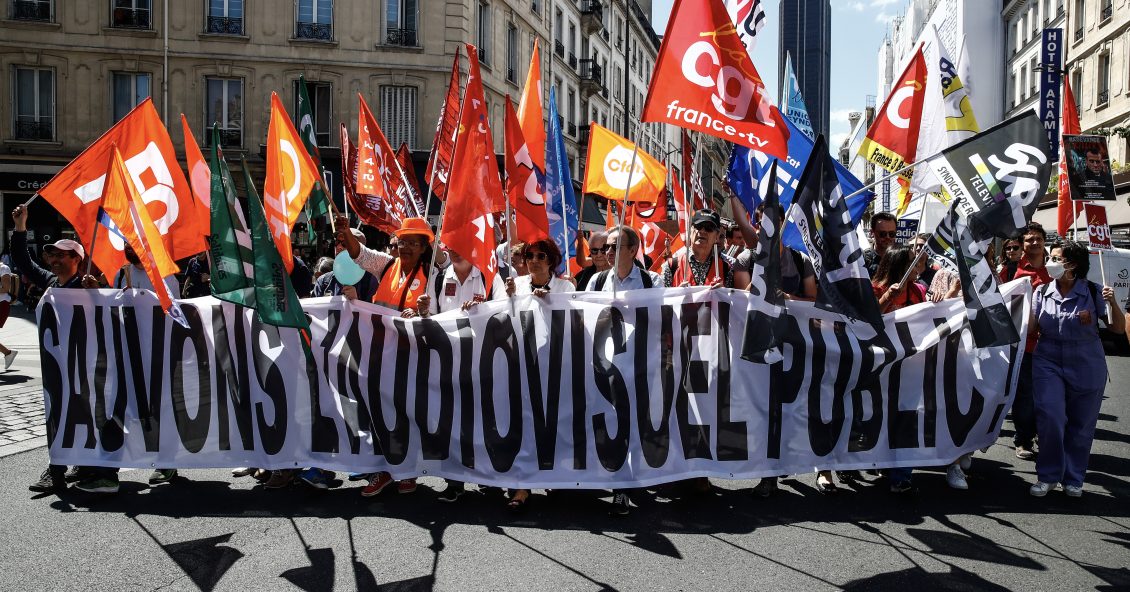Over 500 care workers, their union representatives and interested NGOs from more than 40 countries came together on the anniversary of the coronavirus pandemic to determine how to transform the care sector for the better.
Covid-19 has ravaged the care system over the past year with hundreds of thousands of deaths among residents, as well as workers, and shone a spotlight on the weaknesses in the industry – in particular, low wages, staff shortages, and lack of PPE and job security.
Care workers are generally underpaid, undervalued and overworked, despite the vital work they do in looking after society’s elderly and vulnerable citizens.
“We always knew that care workers were essential but the pandemic has made it even more obvious,” said UNI General Secretary, Christy Hoffman. “We need to take this chance and call for safe jobs and dignity at work for all care workers.”
Two webinars on the theme Our vision for a better care sector were organized by UNI’s UNICARE sector, which represents two million care workers globally, to engage as many affiliates as possible across different time zones.
“Despite all the pain and the crisis Covid-19 has caused, at UNICARE we must see the pandemic as an opportunity to put the workers we represent at the centre of public debate,” said UNICARE World President Miguel Zubieta.
“We need to invest in decent work – not just in more jobs but jobs with social protection and sick pay,” said Maren Hopfe from the Sectoral Policies Department at the International Labour Organization. “Strong social dialogue is the mechanism that can really make a difference.”
Care unions around the globe have stepped up during the pandemic to protect their members as they battle on the frontlines of Covid-19.
“We continue to strive for respect and recognition within our unhealthy work environments. What motivates us? To be the light at the end of the tunnel – the thread of trust that does not break for these workers, and for the people we care for and honour with our sweat and dedication,” said Juliana Rodrigues, Vice-President of Sindsaúde Campinas, Brazil.
Paul Marsden, Technical Officer at the World Health Organization called for an “integrated, enabled, recognized, empowered and supported workforce” as the foundation for delivering essential health and social care where it is most needed. “Let’s care for those who care for us,” he added.
Despite the trials of the past year, unions have been able to make big gains, and win pay rises and protections for workers.
“Although things were tough we managed to recruit more members and negotiate Covid allowances and access to PPE for healthcare workers,” said Tecla Barangwe, General Secretary of MPAWUZ in Zimbabwe.
In tandem with the webinars, UNICARE has recently released new guidelines outlining key changes in the industry that will help keep nursing home workers and residents safer during the COVID-19 pandemic and beyond.


